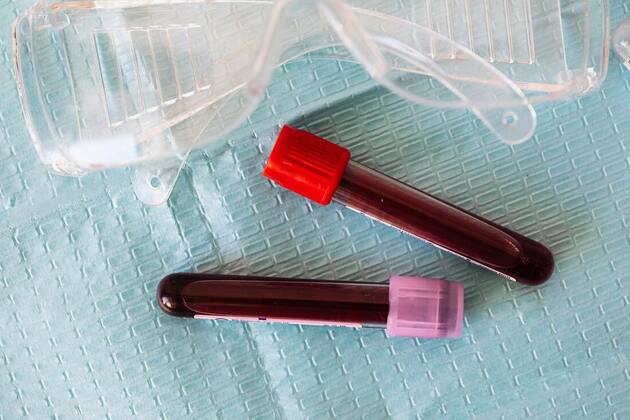|
The generally recognised and recommended test for Pyrrole Disorder is the HPL urine test. However, I haven't used or recommended this test for a number of years because of the following reasons:
Hence why I recommend all of these additional tests as standard, to more holistically test for Pyrrole Disorder and its common related symptoms and conditions:
More important to getting these tests done is to make sure that you get an accurate analysis and interpretation of your results, as perhaps surprisingly, 99% of doctors (or other practitioners) do not interpret pathology results well. Pathology analysis is an area of specialty that I do, after training over 900 other practitioners on this skill. More information on why doctors don't analyse blood tests properly can be explained here: https://www.pathologyanalysis.com/pathology.html
0 Comments
|
AuthorWrite something about yourself. No need to be fancy, just an overview. Archives
March 2023
Categories
All
|


 RSS Feed
RSS Feed